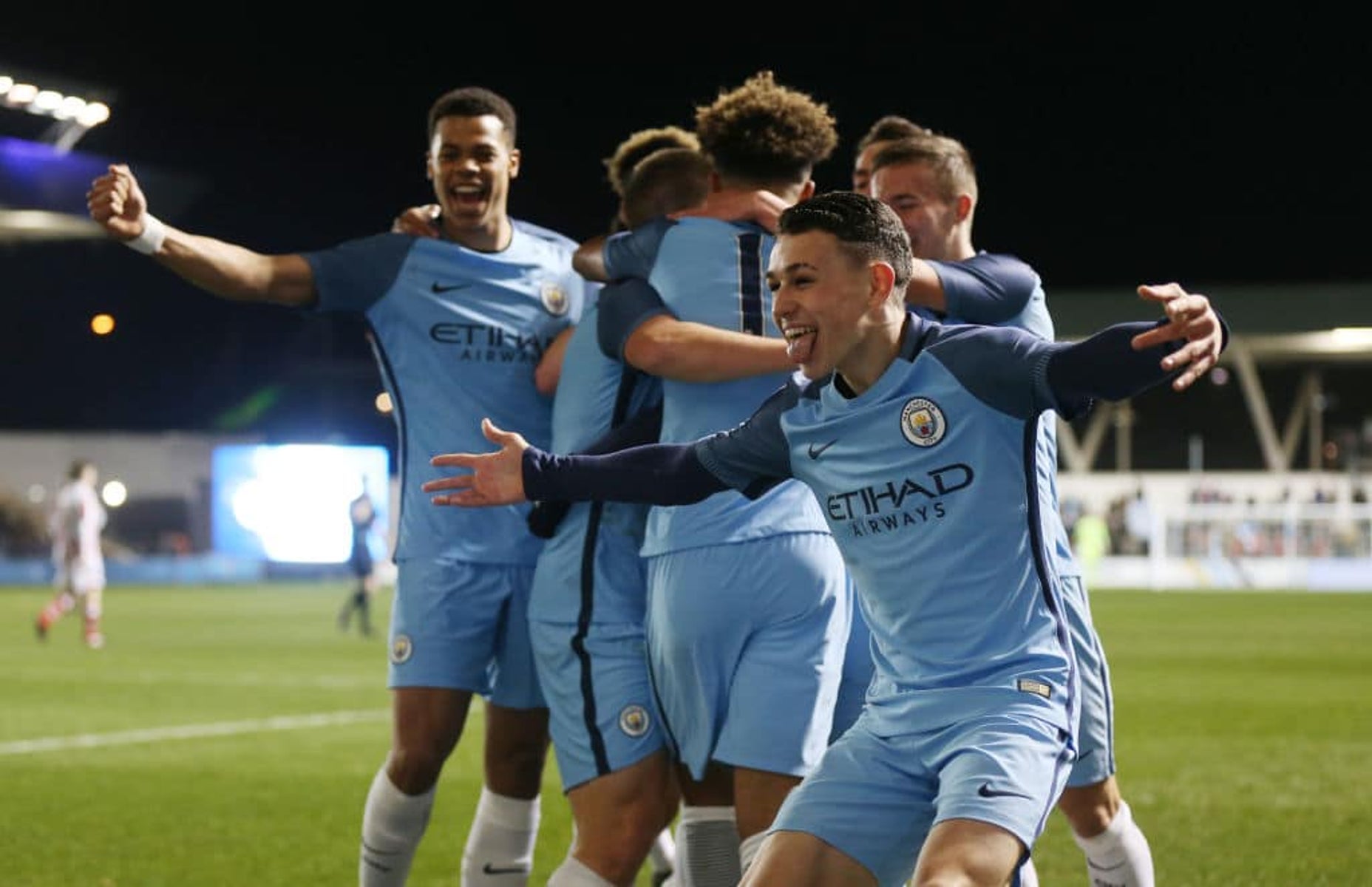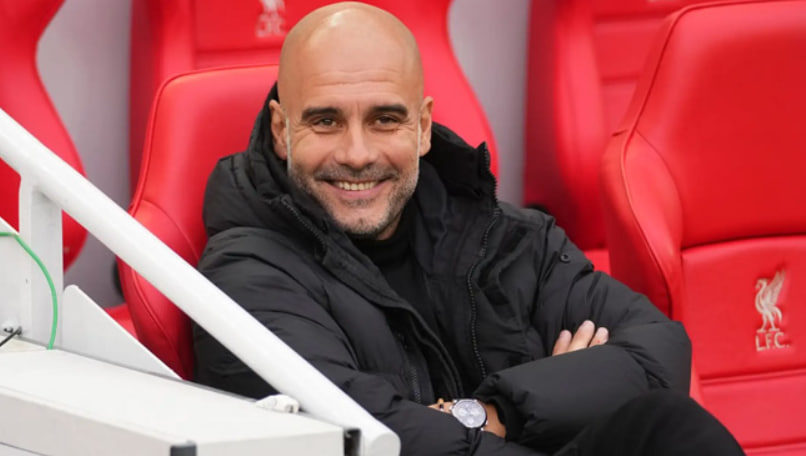In the eyes of many, Premier League giants Manchester City are a powerful team built on huge investment. However, their investment in player development and the returns they have seen are far more successful than we might imagine. In particular, their youth academy has not only provided the first team with many outstanding players in recent years, but has also earned the club hundreds of millions of pounds. It can be said that Manchester City have created the most successful youth academy money-making machine in the industry.
Manchester City’s youth academy: from losing games to winning three titles.
Over the past six seasons, Manchester City have performed well in top competitions such as the Premier League, FA Cup and Champions League. What you may not know is that they also dominate youth competitions.
Manchester City has a state-of-the-art training center called the City Football Academy (CFA), a £200 million facility designed and used exclusively for young players. It not only has state-of-the-art training equipment, but also a professional coaching staff and data analysis system to help young players develop quickly.

Although Manchester City have performed well in many youth competitions, they had never won one of the most important competitions, the FA Youth Cup, until 2020, when a group of young players known as the Class of 2020 broke the spell.
They defeated their opponents in a closed-door match to win the trophy for the first time. At the time, two players from that team had already made the first team, six had entered the Premier League, and four others were also playing professionally.
This means that these young players coming out of the youth academy are not just destined to play in the lower leagues. They have the ability to establish themselves in the top leagues and even change the strength of a team.
Youth players can also be sold for tens of millions.
Manchester City does not keep young players on the bench, but sells them to generate revenue. In the last three summers alone, Manchester City have earned more than £190 million (excluding add-ons) from youth players, not including future transfer fees.He was part of the Class of 2020 and had the opportunity to play in the FA Youth Cup final, but missed the match after being called up to the first team. He is now a full-time player for Manchester United and Manchester City have received a substantial transfer fee as a result.
Not only that, but Manchester City often include “add-ons” when signing young players. For example, if a player meets certain performance standards after moving, the original club continues to receive a portion of the transfer fee – an arrangement that is expected to earn Manchester City millions more this summer with the transfers of Romeo Lavia, Morgan Rogers, James Trafford and Liam Delap.
In addition, a number of young players are currently on loan to other teams to gain experience, such as Callum Doyle and Jacob Wright, who both play for Norwich City in the Championship.
This arrangement not only allows them to gain more practical experience, but also paves the way for future transfers to Manchester City.
There are also more and more youth academy players in the first team.
It’s not just selling players that makes money, Manchester City is also willing to give young players they have trained themselves a chance. This season, several players from the youth academy have made it into the first team, including
These players have proven that Manchester City’s youth academy is not just for show, but a platform that can truly develop talent for the first team.
A New Era of Youth Training Philosophy: Developing “Future Players”.
In order to maintain the quality of its youth training, Manchester City appointed a new Academy Director, Thomas Kruken, in 2023. His arrival brought with it a whole new way of thinking: “We want to develop future players, not current players.”
This means that Manchester City’s youth training is no longer just about teaching kids how to play soccer, but also about predicting future trends in the game. For example, the pace of the game is increasing and physical confrontation is becoming more intense. As a result, Manchester City has begun to adapt its training content to ensure that young players are accustomed to this pace and intensity before they enter the professional arena.
This forward-thinking approach has kept Manchester City’s youth development system at the forefront.
Since winning the FA Youth Cup for the first time in 2020, Manchester City have won the youth double for three consecutive years: three Premier League Under-21 titles and three National Under-18 titles.
Despite a dip in form for the U21 side two seasons ago due to changes in the Premier League’s youth league format, the U18s have continued to perform well, winning the FA Youth Cup, reclaiming the Northern U18 Super League title and reaching the FA Youth Cup final again this year.
If they win the upcoming final, they will complete a double at this age level. Head coach Ben Wilkinson’s Elite Development Squad (EDS) has also reached the quarter-finals of the Premier League 2 play-offs.
This means that Manchester City is not far away from a “triple crown” season in youth development.
The impact of successful youth development on the transfer market.
Manchester City’s long-term competitiveness is not only due to its ability to sign big-name players, but more importantly, its ability to continually develop talent from within. Every year, new young players emerge, some of whom stay on to carry on the tradition, while others are sold for high prices, providing the club with a stable income.
The young players who have left Manchester City are now scattered across Europe’s top leagues. Some are playing in the Premier League, some have joined Champions League teams, and others are working hard to help their new clubs win promotion. Wherever they are, they represent the quality of Manchester City’s youth academy.
This has also attracted more clubs to pay attention to Manchester City’s youth academy. They know that even if these young players don’t make it to the first team, they are still promising investment targets.
Conclusion: Youth development is not only an investment, it is also a strategy.
Manchester City’s youth development program is not just about developing one or two star players, but about establishing a complete player development system. This system not only provides fresh blood for the first team, but also allows the club to continue to profit from transfers.
Whether it’s developing players, selling players, or using the fruits of its youth development to attract more young talent, Manchester City continues to move forward.
For fans, it is a source of pride to see players they have nurtured since childhood in the first team shirt; for club management, it is a tangible asset. Manchester City has shown us that youth development is not only a passion, but also a business.



